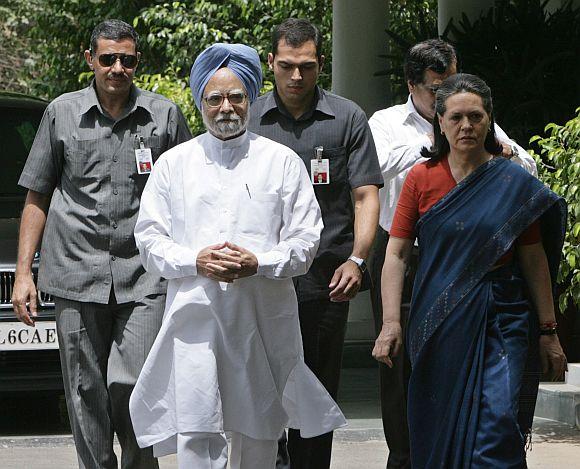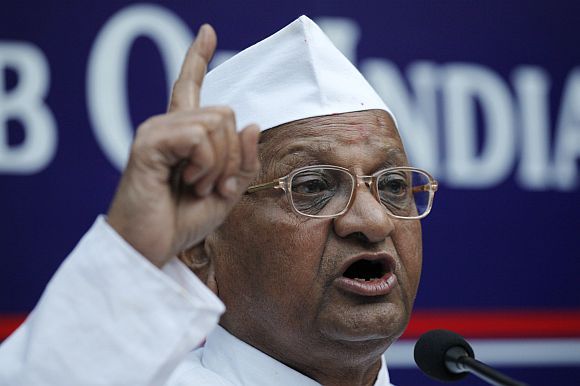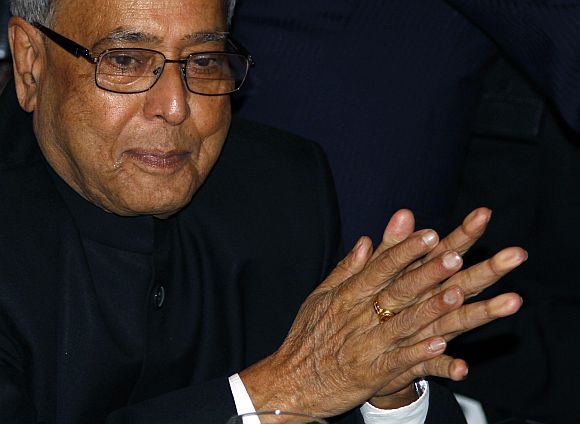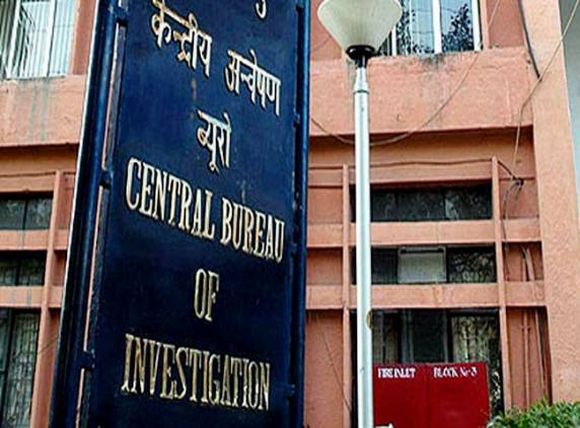 | « Back to article | Print this article |
Congress' Lokpal strategy: Blame and Rule?
Realising the dangers of postponing the Lokpal Bill, the government after a long gap has acted smartly in putting the onus of passing the controversial bill onto the shoulders of the Opposition parties, reports Renu Mittal.
Within the government the work on formulating amendments to the Draft Lokpal Bill 2011 is on in full swing and in the next two days senior ministers would wrap up the job and present the amendments to the Union Cabinet which is scheduled to meet on Sunday at 6 pm.
The bill is then expected to come up in the Lok Sabha next week, with the government hopeful that they would be able to bring it to the Rajya Sabha also before the House adjourns at the end of the winter session on December 22.
The Congress has issued a whip to all its members to be present next week from Monday to Wednesday as well as on Thursday, since there is a scope of extending the session till December 23 in order to pass the bill.
Sources in the government say that with the United Progressive Alliance on board, the bill will pass in the Lok Sabha, and if the Opposition does not play ball in the Rajya Sabha or if it votes against the bill, the blame would rest squarely at the door of opposition parties and not the government which would have put its full might behind the bill.
Please click NEXT to read further...
Govt doesn't want to be blamed again by oppn, Hazare
Senior leaders said that after the bill has been closely studied by the Parliamentary Standing Committee and Wednesday's exhaustive all party meeting has recorded its views on various aspects of the bill, there is no need for any further consultations.
"It is for the government to now form its view and express it in the House through amendments to the bill, which the government will do after it finalises its stand in the Cabinet meeting on Sunday," a senior minister told rediff.com.
"We will bring the bill to the Lok Sabha first and then the Rajya Sabha with the intention of passing it," said Parliamentary Affairs Minister Pawan Bansal on Thursday.
The government's stand signals that it does not want to give anyone any chance to say that they have been lax in bringing the legislation which has been the subject of much fire and fury by civil activists like Anna Hazare who have been targeting the government for 'protecting corruption'.
Senior ministers working on amendments
It is learnt that the amendments are being worked on by the three-member team of Home Minister P Chidambaram, Law Minister Salman Khurshid and the Department of Personnel and Training Minister V Narayanswamy. They will then sit with Finance Minister Pranab Mukherjee and finalise the wordings and content of the amendments.
It has already been decided that the government is willing to bring the Prime Minister under the Lokpal but with certain safeguards on issues of national security.
On the issue of lower bureaucracy, an appropriate mechanism is being evolved by which the preliminary complaints would go to the Central Vigilance Commission, but subsequent complaints or follow up action can then be taken up by the Lokpal.
The government has to also look at the right mechanism to remove a Lokpal, whether through impeachment or otherwise.
Inclusion of CBI the only thorn
However, the issue of bringing the Central Bureau of Investigation under Lokpal appears to be the most ticklish of all with the government working on maintaining the autonomy of the agency, but in such a way that it is not answerable to the CBI for permission to begin or close a case.
In the all party meeting there was no consensus on any issue with over 35 members from different political parties giving their exhaustive views.
Some wanted the Lokpal to be answerable to Parliament or to the Supreme Court, some said it should not be given so much power that it becomes a 'hydra-headed monster'; while some raised concern that it could become a 'parallel government', etc.
With Anna Hazare waiting to sit on another indefinite fast by the end of this month and looking at re-launching a nationwide movement against the government with the backing of some political parties, sources in the government said that the Lokpal chapter should end with the close of 2011.
The government's plan seems to be that first it would go all out to prove that it is not blocking the creation of an effective anti-corruption agency, and if it fails to pass Parliament then it would be the Opposition to blame and not the ruling party.



